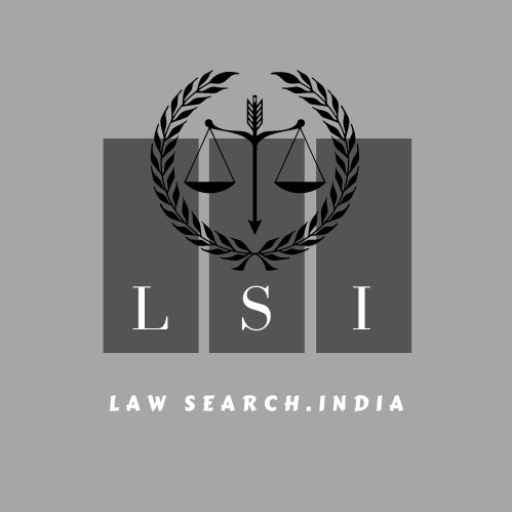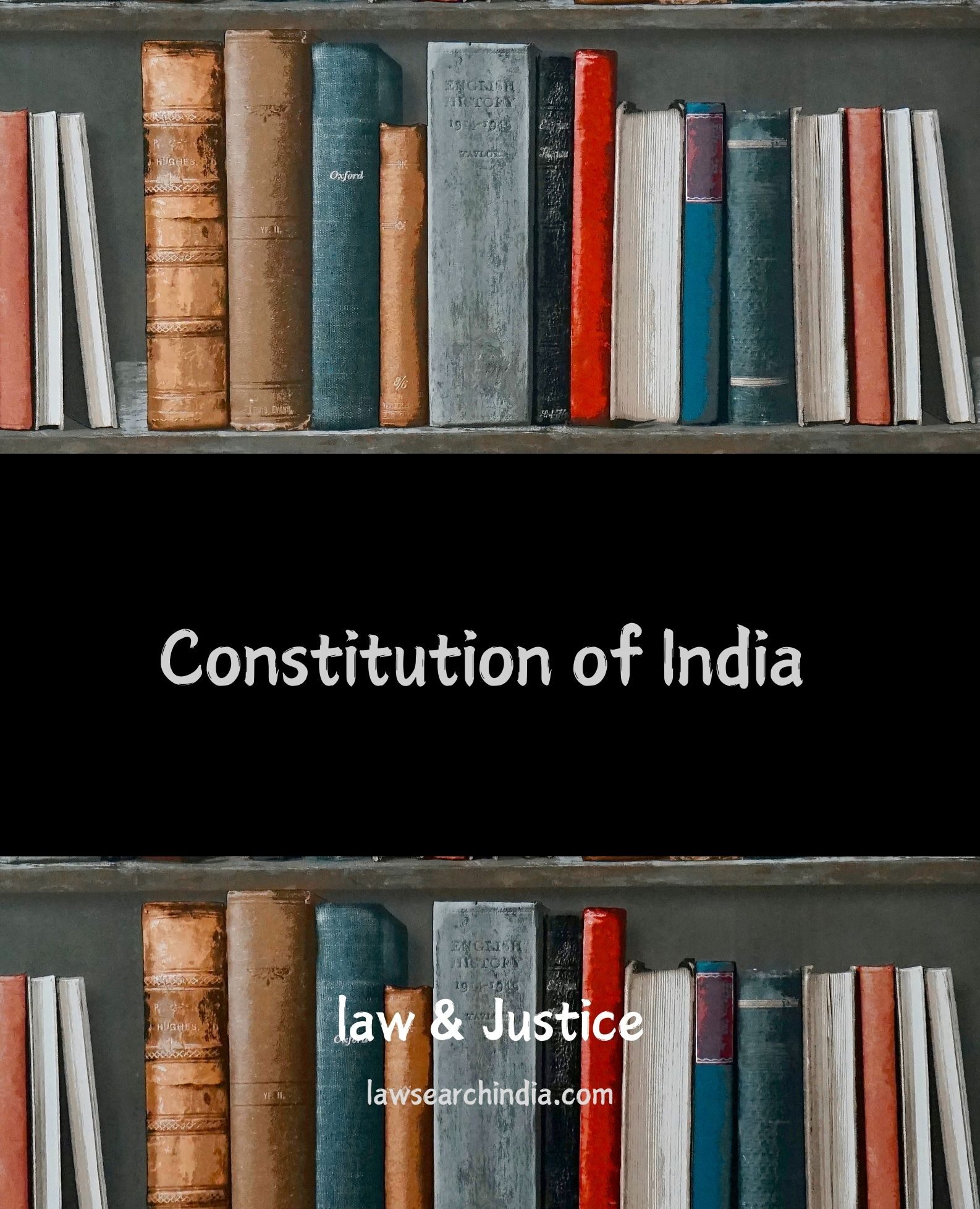CASE DETAILS
| Bench | Case no. | Acts/law |
|---|---|---|
| S. P. Baharucha CJI. S.S.M. Quadri J. Umesh C. Banerjee J. S.N. Variava J. Shivaraj V. Patil J. | AIR (1997) SC 1266 | Constitution of India |
Rupa Ashok Hurra vs. Ashok Hurra is one of the significant precedent wherein the constitution bench induced the principle of curative petition and also promulgated the grounds or under what circumstances court can invoke this extraordinary jurisdiction. Court also delved into the question concerning the relief under article 32 against final judgment.

Issues:
- Whether an aggrieved person is entitled to any relief under article 32 against the final judgment of the apex court after dismissal of review petition?
- whether an order passed by this Court can be corrected under its inherent powers after dismissal of the review petition on the ground that it was passed either without jurisdiction or in violation of the principles of natural justice or due to unfair procedure giving scope for bias which resulted in abuse of the process of the court or miscarriage of justice to an aggrieved person.
Observation of court:
Observation of court:
Court construed that the constitution has conferred following jurisdiction on the Supreme court:
- Original jurisdiction: Article 32 and 131
- Appellate jurisdiction both civil and criminal: Article 132, 133, 134
- Discretionary Jurisdiction to grant special leave to appeal: Article 136
- Review power: Article 137
Court further observed that in English law there are two types of writs unlike India:
- Judicial procedural writ like writ of summon; (not so in India)
- Prerogative writs like Habeas Corpus, Mandamus, Quo warranto, Certiorari, Prohibition.
High court not inferior court:
Court observed that the High Courts are not constituted as inferior court therefore Supreme court could not issue any writ to High court. Though the judgment and order of High courts are liable to be corrected by the Supreme court under appellate jurisdiction under article 132 to 134.
Court further pointed out that no judicial order passed by the superior court would be rendered as violative of fundamental rights, and article 32 can be invoked only for the purpose of enforcement of rights enriched in the part 3 of the constitution.
Court referred a 9 judges bench judgment Naresh Shridhar Mirajkar vs. state of Maharashtra: AIR 1967 SC 1: whereinorder of high court was under challenge as being violative of article 19 (1)(a). The bench considered the question that whether writ under article 32 could be issued to the High Court. It was unanimously held that order passed by this court is not amenable to the writ jurisdiction under article 32 of the constitution. Court further gave finding that High court can not issue writ to Supreme court, and even to other high court. Justice Sarkar examined that the apex court do not issue writ of certiorari under article 32 as high court is not an inferior court.
Court further relied on A.R. Antulay vs. R.S. Nayak & Anr. (1988) 2 SCC 602: The issue debated before the 7 judges’ bench was that whether the order of the supreme court itself could be corrected under article 32 by issue of writ of certiorari. Court upheld that any bench of supreme court is not inferior to larger bench of this court. Thus 5: 2 judges held that order of supreme court is not amenable to the correction by issuance of writ of certiorari under Article 32 of the constitution.
No issues on maintainability of writ against the final judgment of supreme court:
Based on the above referred judgment court concluded that there is remedy under Article 32 against the final judgment of the this court. A writ can not be filed challenging the same on th e ground of violation of fundamental rights.
It is however should be pointed that the apex court in Supreme court Bar Ass. Vs. union of India (1998) 4 SCC 409 and in M. S. Ahlawat vs. State of Haryana (2000) 1 SCC 278 gave contrary finding thereby allowed the application under article 32 of the constitution.
The hon’ble court observed that above said line of judgment could not be read as authority for the issue of writ of certiorari under article 32 against the final judgment of this court. The reason behind the said observation is that those cases no one raised the issue concerning the maintainability of the writ.
Exhausting remedy under article 137:
Based on the referred judgment court concluded that in the paragraph no. 15:
………. that the jurisdiction of this Court under Article 32 of the Constitution cannot be invoked to challenge the validity of a final judgment/order passed by this Court after exhausting the remedy of review under Article 137 of the Constitution read with Order XL Rule 1 of the Supreme Court Rules, 1966.
However, it was further pleaded by the counsels that even though exhausting remedy of review has been envisaged under Article 137 of constitution, aggrieved person might be provide right to avail remedy under inherent power of the court to seek relief in case gross miscarriage of justice as the affected party do not have recourse to any other forum.
That no remedy can be availed under article 32 of the constitution against the order of this court however AG supported the contention that this court should exercise its inherent power to scrutinize the final order of this court when there is gross miscarriage of justice. AG referred the judgment of Federal court “Raja Prithwi Chand Lall Choudhary vs. Rai Bahadur Sukhraj Rai”.
In S. Nagaraj vs. State of Karnataka 1994 Supp (4) SCC 595: In the said case application was filed to for clarification of the final order of apex court, said application was rebutted that this will impact the principle of finality enriched under Article 141 of the constitution. Court in the said case observed that:
“18. Justice is a virtue which transcends all barriers. Neither the rules of procedure nor technicalities of law can stand in its way….. Rule of stare decisis is adhered for consistency but it is not as inflexible in administrative law as in public law. Even the law bends before justice.”
Keshav Mills Co. Ltd. vs. CIT AIR 1965 SC 1636: In the said case the issue for the adjudication before the 7 judges bench was that “to what extent principle of stare decisis could be pressed when power to overrule former decision this court has been invoked. Court observed that:
but before a previous decision is pronounced to be plainly erroneous, the Court must be satisfied with a fair amount of unanimity amongst its members that a revision of the said view is fully justified.
Certainty or reconsideration of final judgment (competing principles):
Supreme court opined that there is not gainsaying that the law declared by the apex court is law of land and precedents of this court is binding on all the lower courts. There may be situations in the rare case where this court has to reconsider its own decision which bring forth a competing principle- ensuring the certainty of the earlier judgment and reconsideration of any judgment on the ground of violation of principle of natural justice. So, the court in paragraph 42 inferred that:
…….we are persuaded to hold that the duty to do justice in these rarest of rare cases shall have to prevail over the policy of certainty of judgment as though it is essentially in the public interest that a final judgment of the final court in the country should not be open to challenge, yet there may be circumstances, as mentioned above, wherein declining to reconsider the judgment would be oppressive to judicial conscience and would cause perpetuation of irremediable injustice.
Grounds for curative petition:
Court in the present case also set forth the circumstances or the grounds in which second review or curative petition could be entertained so that this remedy will not open floodgate for everyone, nonetheless it is not possible to enunciate all the grounds exhaustively. Court in the paragraph 51 gave following grounds:
petitioner is entitled to relief ex debito justitiae if he establishes:
(1) violation of the principles of natural justice in that he was not a party to the lis but the judgment adversely affected his interests or, if he was a party to the lis, he was not served with notice of the proceedings and the matter proceeded as if he had notice, and
(2) where in the proceedings a learned Judge failed to disclose his connection with the subject-matter or the parties giving scope for an apprehension of bias and the judgment adversely affects the petitioner.
